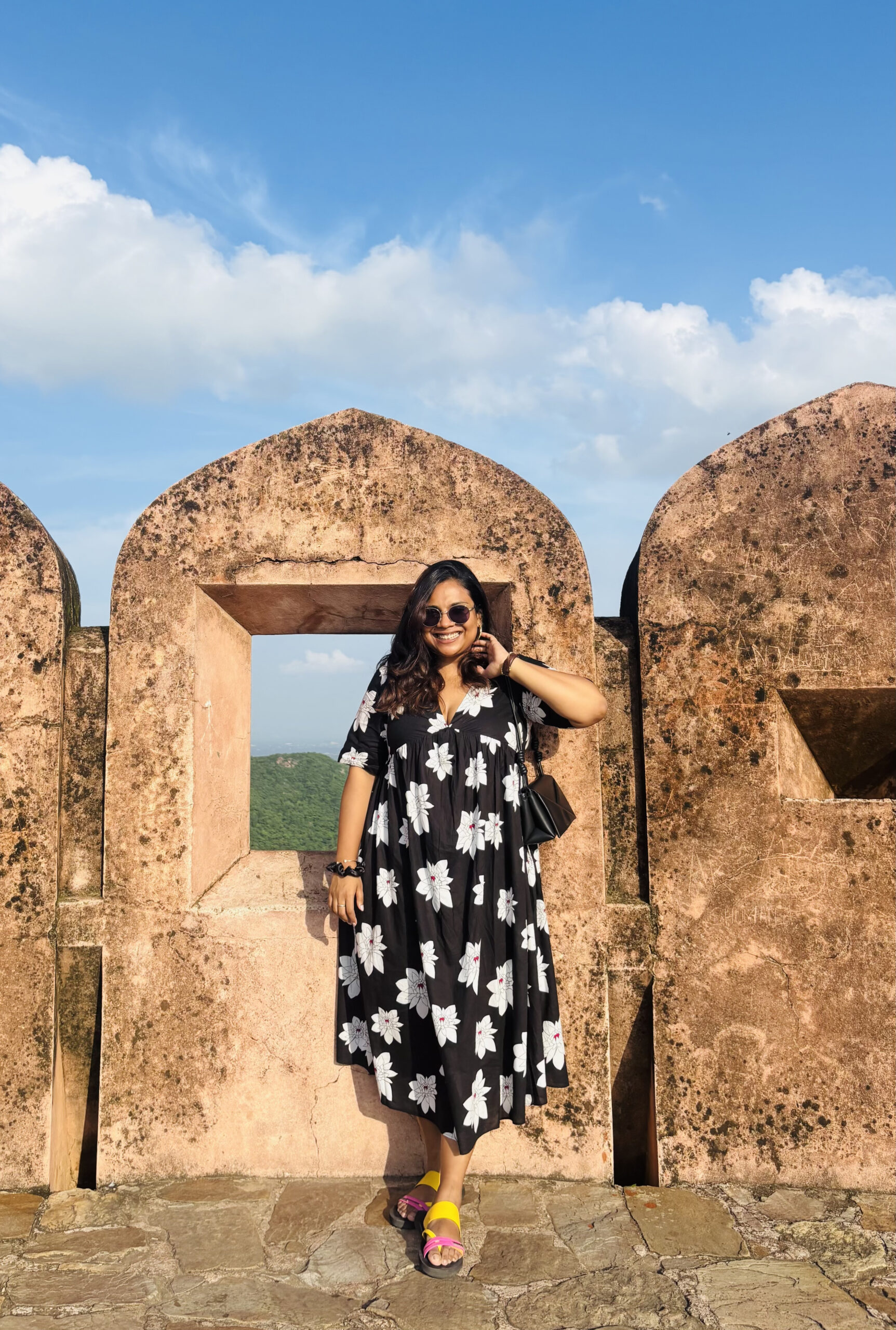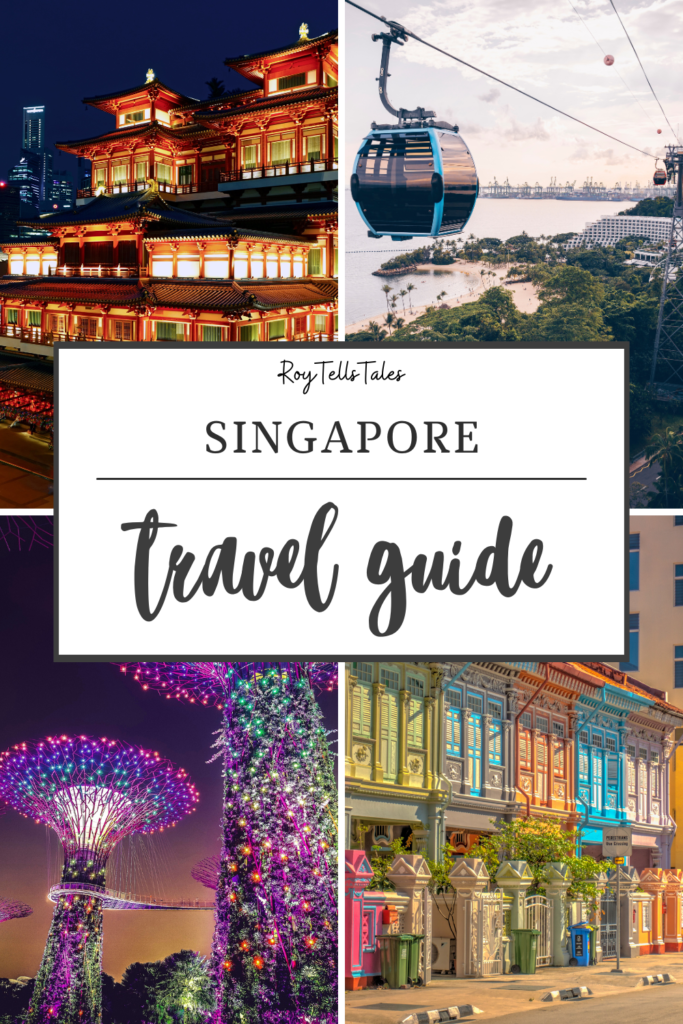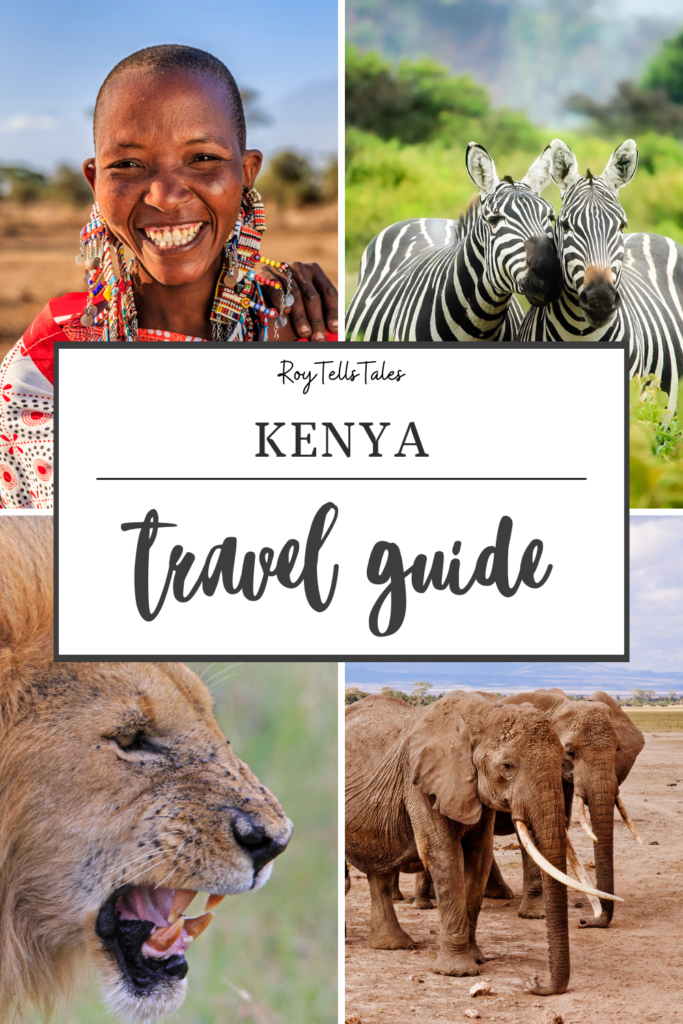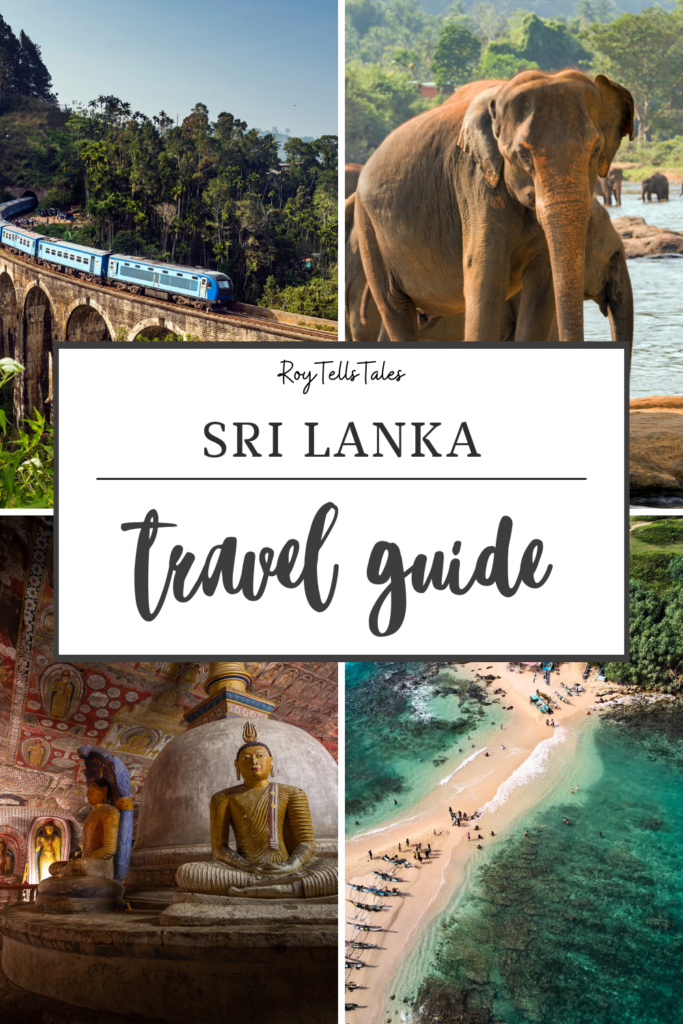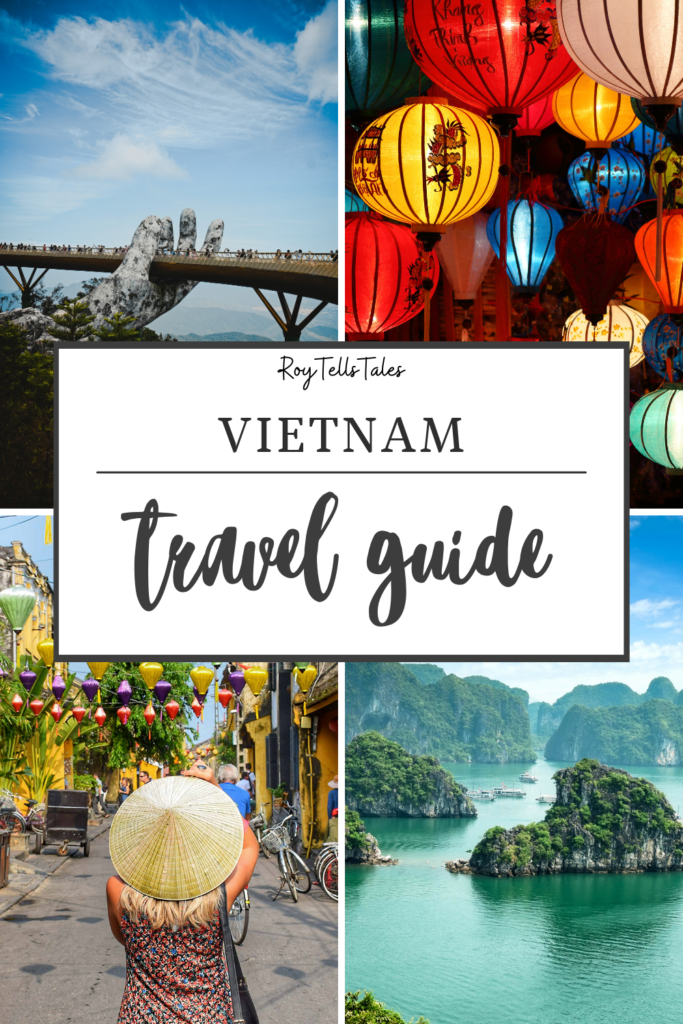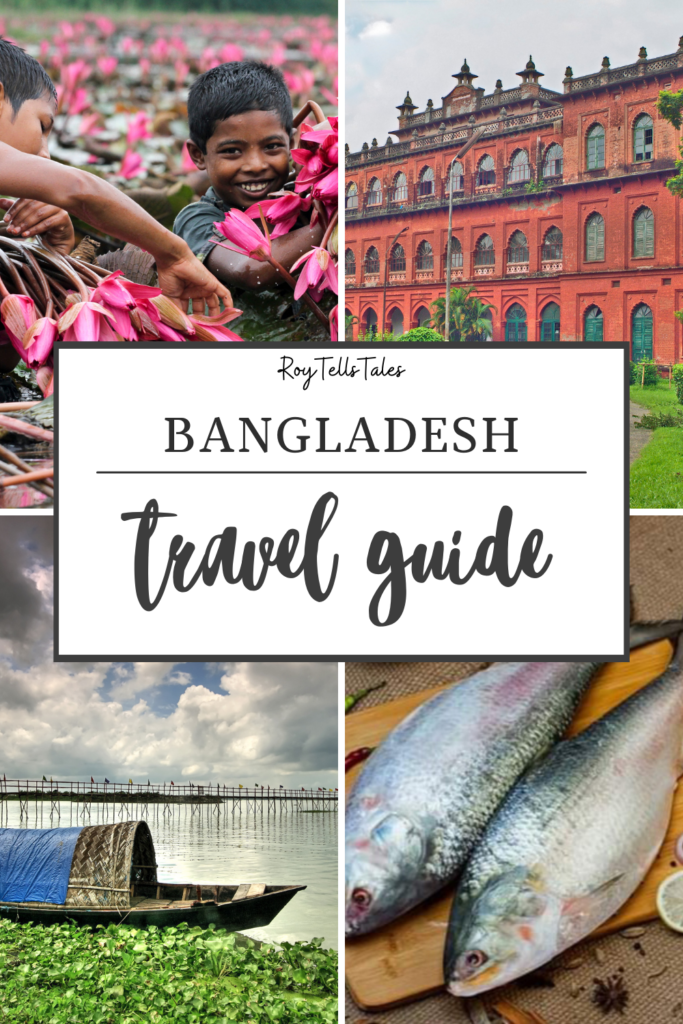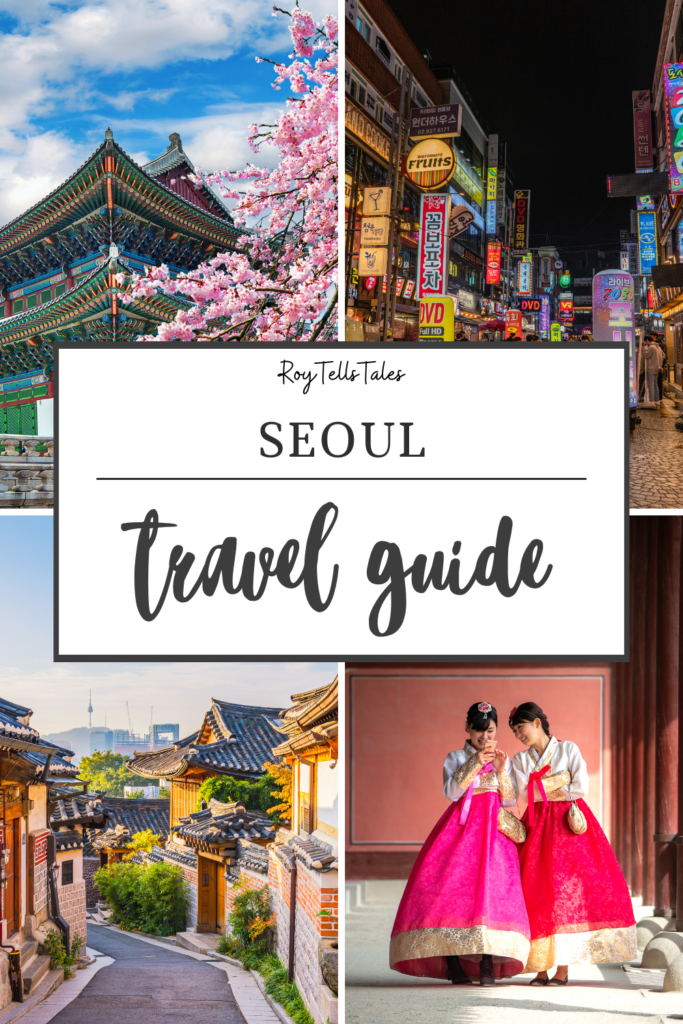

33 Tips for Solo Female Travelers Who Want To Explore More
“Which is a safe destination for solo female travelers?”
“I want to travel solo, but do you think I can?”
“What if I get lost and can never find my way back to the hotel?” (This is a valid concern, right?)
“What if my luggage gets stolen or I lose my passport? Or what if I get robbed?”
“I don’t even know the language, how will I manage alone?”
These questions are probably circling through your mind as you think about taking a solo trip as a female traveler. You’re likely worried about everything that could go wrong, and I don’t blame you.
I had the same doubts and concerns before my first solo trip too. And now, even after traveling for 9 years across various parts of India and abroad, I’m not sure if those fears will ever completely go away.
So, I understand. I know that solo travel can be scary, and your concerns are valid. Traveling alone, especially as a woman, does come with risks. Once, while I was on my way to Ooty from Puducherry in India, I got dropped off at the wrong location in the middle of the night – and it was one of my worst experiences ever! But that incident also made me believe that I’m stronger than I think I am.
Remember, solo female travel can also be safe and fun – and most importantly, you’ll meet some amazing people on your way!
Yes, risks and dangers exist everywhere – that’s there even in your hometown. But, like anything else in life, the best thing you can do is take the necessary precautions before facing a risky situation. There are many ways to prepare yourself before taking your first solo trip.
If I had let my fears about solo travel keep me at home, I would have missed out on the most incredible and life-changing experiences.

Here Are 33 Tips for Solo Female Travelers Who Want to Explore More:
Step 1 is all about planning and preparation:
1. Do your research properly.
Before you set off, thoroughly research your destination. Understand the local customs, culture, and laws. Familiarize yourself with areas to avoid and seek out recommendations for safe neighborhoods, eateries, and attractions. Reading travel blogs, guidebooks, and forums can provide valuable insights from other travelers who have visited the same place.
2. Chalk out a tentative plan/curate an itinerary.
While spontaneity is part of the adventure, having a basic itinerary helps you stay organized and safe. Even though I like to make impromptu plans, I usually plan routes, book accommodations, and decide on key activities in advance – and you can do this as well. Share your itinerary with friends or family back home, so that when you are away, someone knows where you will be going. This ensures someone knows your whereabouts at all times.
3. Get travel insurance – IT’S A MUST!
Invest in comprehensive travel insurance that covers medical emergencies, trip cancellations, and lost belongings. This can save you a lot of stress and money if something goes wrong. Make sure to read the policy details carefully and understand what is covered and what is not.
4. Keep Google Translator handy, but try and learn some basic phrases.
In today’s date, Google Translator can just make things easy! During my month-long trip to Vietnam recently, I used this app more than anything else! However, learning a few key phrases in the local language can help you navigate better and show respect for the local culture. Basic greetings, asking for directions, and emergency phrases are a good start.
5. Pack light and pack smart!
Pack light but ensure you have essentials. Use a sturdy backpack or suitcase and bring items like a first aid kit, extra copies of important documents, and a portable phone charger. Make sure to check the weather and pack accordingly, and also, consider the culture of the destination you’re traveling to, so that if required, you can dress moderately. Slippers, sunscreen, shades, a reusable bottle for drinking water, and a comfortable set of clothes are a must!
Step 2 is all about ensuring your own safety:
6. Stay aware of your surroundings.
When you are in a new country as a female solo traveler, it’s important to always be mindful of your surroundings. Trust your instincts and remove yourself from situations that make you uncomfortable. Avoid distractions like headphones or excessive phone use when walking alone in unfamiliar areas.
7. Stay away from isolated areas.
I know that you might be intrigued to explore a hidden gem that you’ve probably read about somewhere, but it’s better to stick to well-populated and well-lit areas, especially at night. Avoid walking alone in unfamiliar places, and try to be in the network zone, always. If you need to go somewhere late, opt for reputable transportation options, or even better, go for an organized tour (like those groups who take you on pub hopping, or night walks!).
8. Keep your valuables under lock and key!
While traveling solo, it’s necessary to use anti-theft bags and accessories. Keep your money, passport, and important documents in a secure place, such as a money belt or hidden pouch. Consider using locks for your luggage and accommodation.
9. Public transport is fun, but only when you know where you’re going!
I prefer to travel by public transport – especially buses, trains, and metros unless I’m going to a place where I need to take a cab! Try to use Uber (that’s available in most countries across the globe) or Grab/Gojek (in Southeast Asia). The idea is to use reputable taxi services or rideshare apps. Avoid hitchhiking or accepting rides from strangers. Research the best transport options in your destination beforehand, to avoid any hassle.
10. Grab a beer if you want to, but make sure to STAY SOBER!
Beach and beer go hand in hand, but I would suggest you drink responsibly and avoid excessive alcohol consumption, during your solo trip. Stay in control of your surroundings and decisions. If you’re going out for a drink, let someone know where you’re going and who you’re with.
Step 3 is to choose your accommodation wisely:
11. Read the reviews before choosing your accommodation.
There are several booking platforms that you can use to book your accommodations and make sure to select the ones with good reviews from solo female travelers. If you have a tighter budget, look for places that offer female-only dorms or rooms in hostels. Hostelworld and Airbnb have filters for safety features, while MakeMyTrip and Booking.com have some great options at the best locations across the world.
12. Share your accommodation details with friends/family/partner.
Once you’ve booked the hotel, share the details with someone at home. And even when you reach the destination, and check in, make sure to tell them about the room number so that in case there’s any emergency, they can at least have the reference of where you’re exactly staying.
13. Always double-check your locks.
Never leave your accommodation with the door open! Always lock your door and use any additional security features provided, such as a deadbolt or chain lock. If you’re staying in a hostel, keep everything in a locker. Consider bringing a portable lock or doorstop for added security.
Step 4 is to be aware of your health and wellness:
14. Drink enough water.
It’s very important to stay hydrated while traveling, and that’s the reason why I mentioned carrying a reusable water bottle. (Try to be a little mindful of the environment as well, and avoid purchasing plastic bottled water!) Drink plenty of water, especially if you’re in a hot climate. Be aware of the water quality in your destination; and better to refill the bottle from your hotel/hostel/homestay or any restaurant/cafe.
During my solo trip to Sri Lanka, I remember drinking tender coconut water regularly, as that was the best way to stay hydrated and combat the sultry weather!
15. Enjoy local cuisine but eat carefully!
Being a foodie, I always look forward to trying the local cuisine, whenever I’m traveling. I feel a trip can never be complete without trying the authentic local delicacies. So it’s a top tip for solo female travelers – Explore the local food scene, try the local popular dishes, and make sure to buy the freshly prepared stuff. Avoid eating packed food while traveling, and keep your junk consumption under control. Check the expiry dates for any Tetra Pack products that you buy on the go!
16. Know your limits – don’t push yourself.
Make sure to always listen to your body. Rest when you need to and don’t overexert yourself. Solo travel can be tiring, and it’s important to stay healthy and energized to enjoy your trip.
Step 5 is to make good use of technology and stay connected:
17. Get a local sim, whenever you’re traveling abroad as a solo female traveler.
If you’re planning a domestic solo trip, you need not worry much – just ensure you’re always in the network zone. But in case you’re traveling abroad, the first thing that you should do once you step out of the airport is purchase a local SIM card or use an international plan to stay connected (although, the latter option might be expensive). Having a smooth internet service will help you navigate, communicate, and access emergency services if needed. Having a local SIM card can also make it easier to use ride-sharing apps and maps.
18. Download Google Maps and other necessary apps.
Download offline maps and apps to help you navigate without constant internet access. Google Maps and Maps.me are great tools for offline navigation.
19. Keep a backup for all your important documents.
Store digital copies of important documents on a secure cloud service, such as your passport, visa, and travel insurance. This will help you to access them even if your physical copies are lost or stolen.
Step 6 is all about maintaining your finances:
20. Use multiple payment methods
While traveling, I make sure to keep some cash handy alongside my credit and debit cards. Make sure to keep them in separate places to avoid losing everything if you are robbed! Consider using a money belt or hidden pouch for extra security.
21. Always notify your bank if you’re traveling abroad.
Once, while I was in Bali, I used my debit card to withdraw money, and the next thing I know is that my card has been blocked! That’s when I learned that it’s always good to inform your bank of your travel plans to avoid having your cards blocked due to suspicious activity. Also, if possible, have a backup card in case one gets lost or stolen.
22. Use the ATMs wisely!
Whenever you plan to withdraw money from ATMs, go to the ones located inside the banks or well-lit areas. Avoid using ATMs at night or in isolated locations. Be mindful of who is around you when you’re withdrawing money.
Step 7 is all about the social and cultural tips for solo female travelers:
23. Make sure to respect local customs.
Dress appropriately and respect local customs and traditions to help you blend in and avoid unwanted attention. Start by researching the cultural norms and etiquette of your destination before you go. For example, in many conservative countries, it’s important to cover your shoulders and knees, so pack clothing that adheres to these standards. When visiting religious sites, you might need to wear a headscarf or remove your shoes.
Observing how locals dress and act can give you valuable clues. Showing respect for local customs, like greeting people in their language or learning a few basic phrases, can also go a long way in earning goodwill and enhancing your travel experience.
24. Try to make some local friends!
Connect with locals and other solo travelers through meetups, tours, or social media groups to enrich your travel experience. These connections can provide you with valuable insights and support that you might not find in guidebooks.
Couchsurfing is an excellent resource where you can not only find a place to stay but also join local events and meetups hosted by other travelers and locals.
Additionally, local Facebook groups dedicated to expats or travelers in your destination can be goldmines for finding events, asking questions, and getting recommendations. Engaging with these communities helps you discover hidden gems, make new friends, and feel more comfortable navigating a new environment.
25. Book some nice group tours/day trips!
GetYourGuide, Klook, and Viator are some great platforms offering group tours in almost every location across the globe. Join these group tours or activities to meet people and explore safely. Not only is this a great way to socialize and learn more about your destination, but it also provides a sense of security and community.
Step 8 is to be prepared for any kind of emergencies: (This is especially for those who are planning their first solo trip abroad.)
26. Make sure you know your emergency numbers.
Research the local emergency numbers for the police, medical services, and your country’s embassy before you travel. Save these numbers on your phone and write them down on a piece of paper to carry with you. This ensures that you have quick access to critical contacts in case of an emergency, even if your phone battery dies or you can’t access your digital notes.
27. Always have an EXIT PLAN ready!
Always have a plan for how to leave a situation if you feel unsafe. This means knowing the location of the nearest exits, public transportation, or taxi stands wherever you are. Make a mental note of these options when you arrive at a new place. Trust your instincts and act quickly if you feel uncomfortable, even if it means changing your plans or leaving unexpectedly.
28. Stay in touch with friends and family.
Regularly update your friends or family about your whereabouts and plans. Share your itinerary with them and check in daily to let them know you’re safe. This not only keeps your loved ones reassured but also ensures that someone knows where you are in case of an emergency. Frequent communication can be a crucial safety measure during your travels.
29. Register your travel plans with your Embassy.
If available, register with your embassy or consulate. This can be helpful in case of emergencies or natural disasters. They can provide assistance and information if needed.
Step 9 is to focus on your well-being while traveling solo:
30. Always trust your instincts!
Your gut feeling is a powerful tool. If something feels off, trust your instincts and remove yourself from the situation immediately. Don’t be afraid to change your plans or say no if you feel uncomfortable. Listening to your intuition can help you stay safe and make better decisions while traveling.
31. Enjoy your own company.
I know a lot of people say that they don’t like their own company while traveling alone, and often feel stuck or lonely. But I guess the biggest learning from my solo trips has been the fact that I felt a calmness while I was on my own. Waking up to nothingness, doing whatever I wanted to, planning everything on my own, and especially meeting new people on the way gives me immense joy.
So it’s important to learn to enjoy your own company. Solo travel is a great opportunity for self-discovery and personal growth. Take time to reflect, relax, and enjoy the freedom of traveling alone.
32. Keep a travel journal.
Make sure to document your journeys. Keep a journal or blog about your experiences. This can be a wonderful way to reflect on your journey and share your adventures with others. Writing about your experiences can also help you process and appreciate your own strengths.
33. MOST IMPORTANT TIP: Have FUN!
You’re on a trip, so it’s important to enjoy every moment of it. Do things that have been on your bucketlist, and stay positive and open-minded. Embrace new experiences and make the most of your solo adventure. Remember that challenges are part of the journey, and they’ll always lead to personal growth.

Over the last 9 years, I’ve taken many solo trips in India and abroad, and I’ve met some of my closest friends on the roads. I’ve realized that every journey has something to teach us, and we never return the same as we left. Trust me when I say this, a solo trip will change you forever – and I can literally give you 101 reasons to travel solo!
So if you have been thinking of going for your first solo trip, this is your chance. Tick that off your bucketlist, and make it happen!



